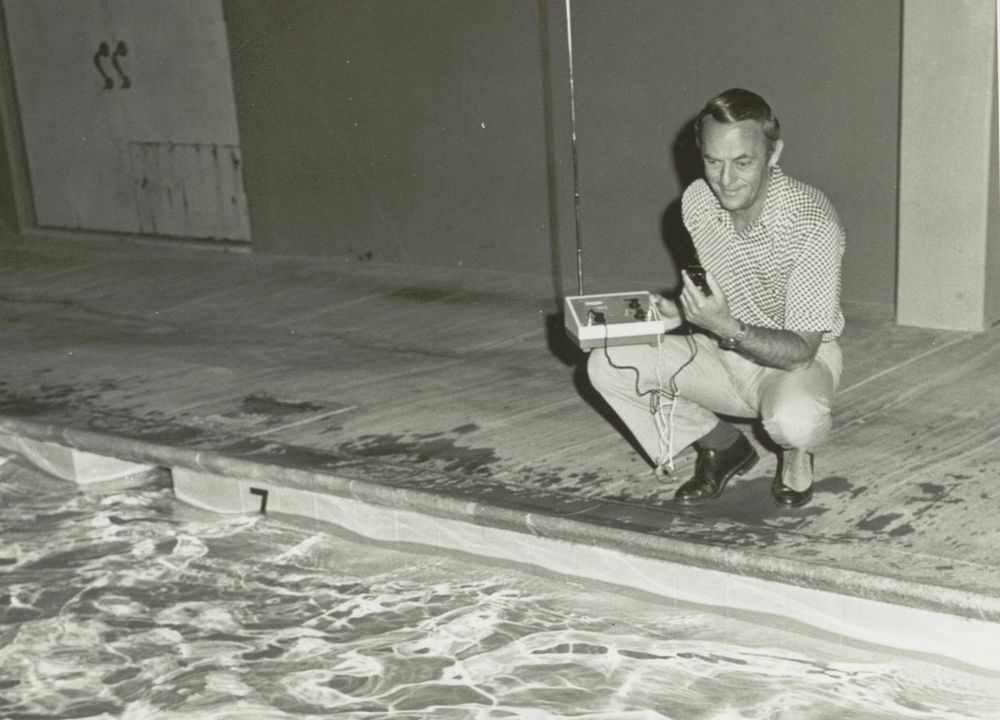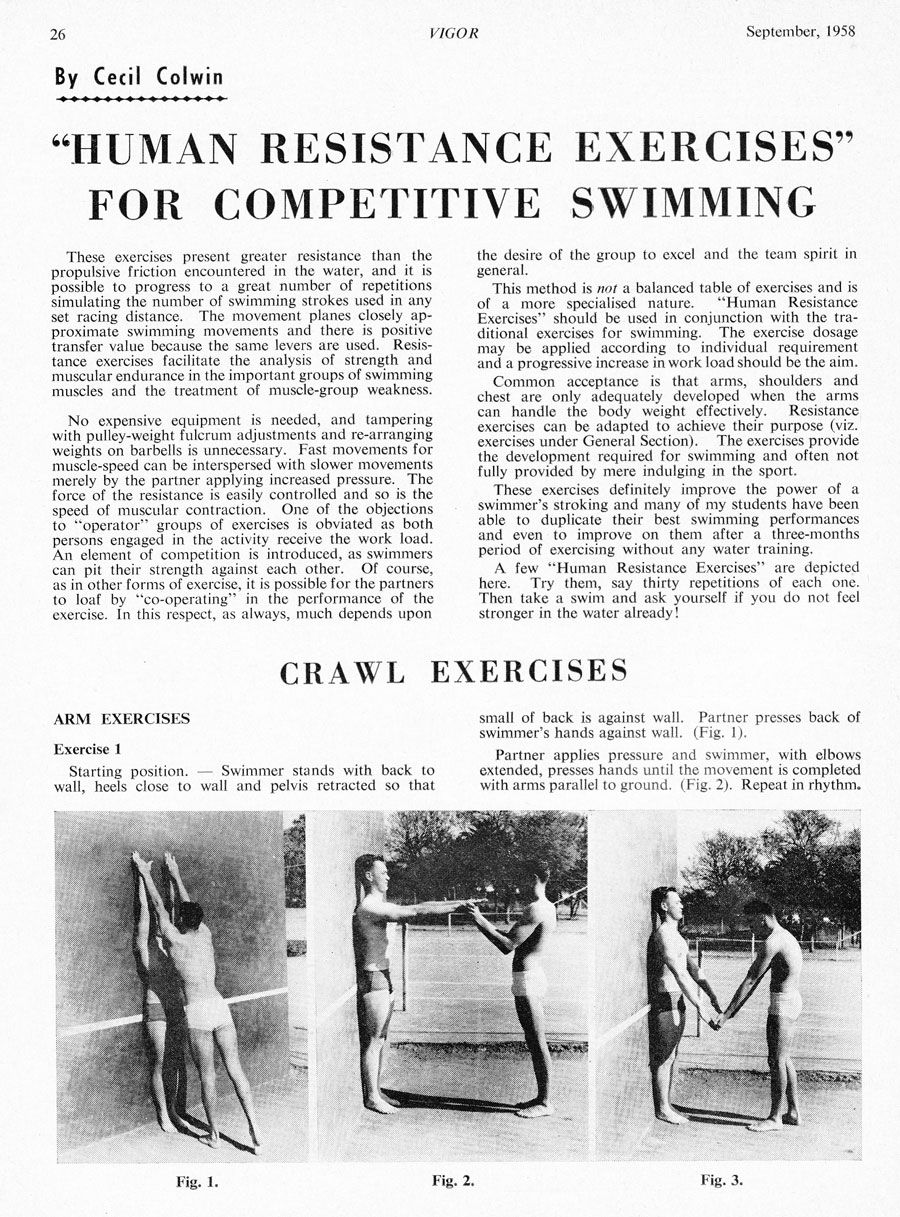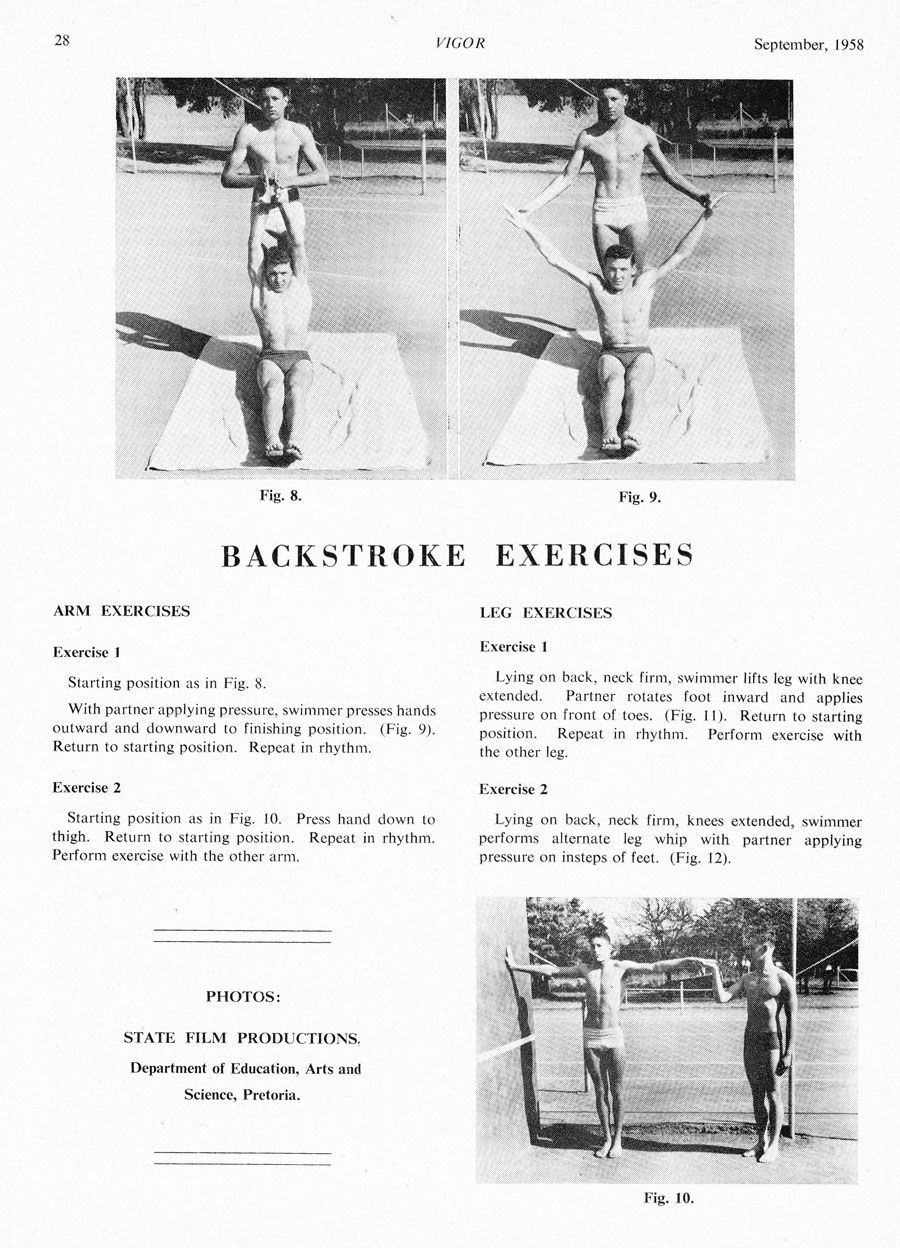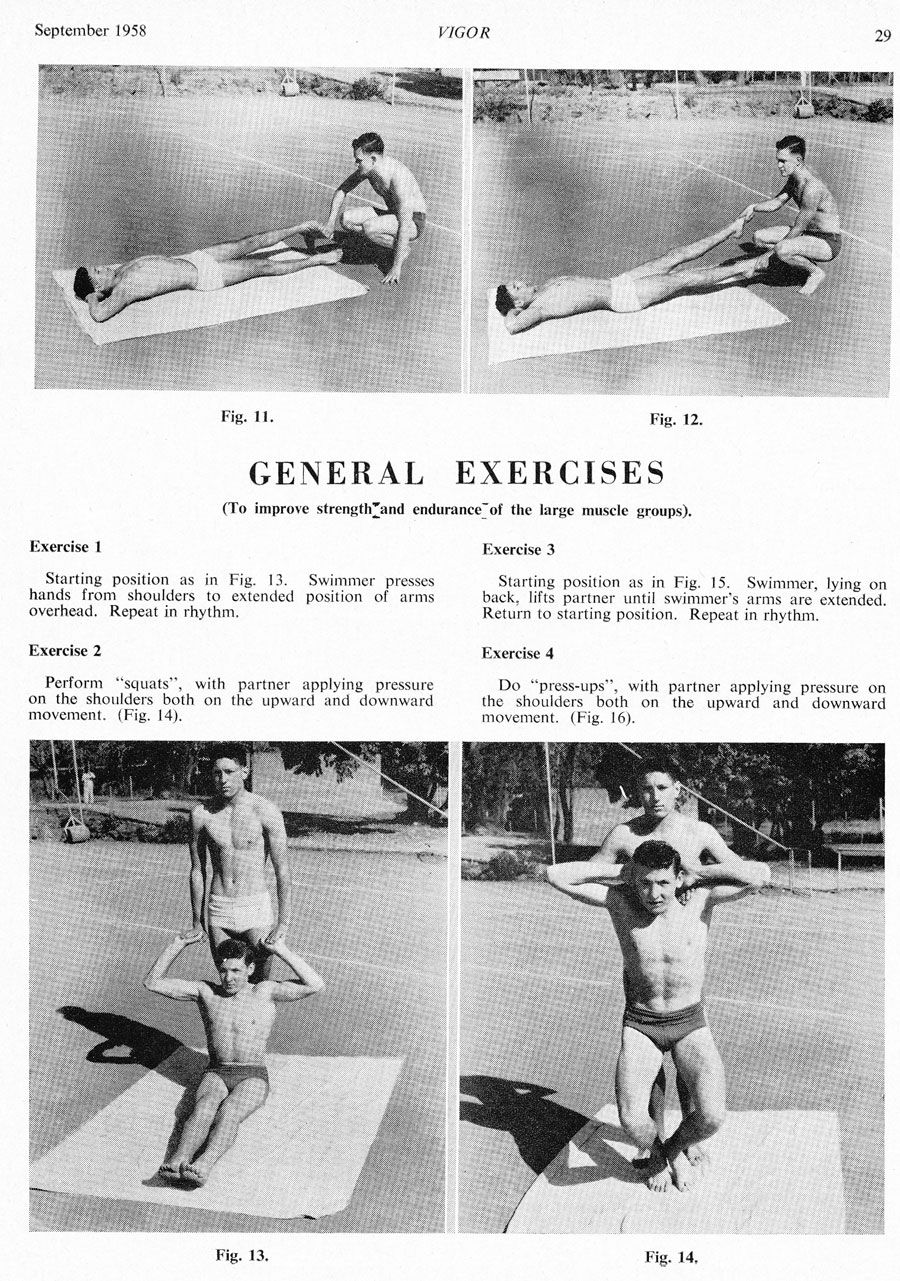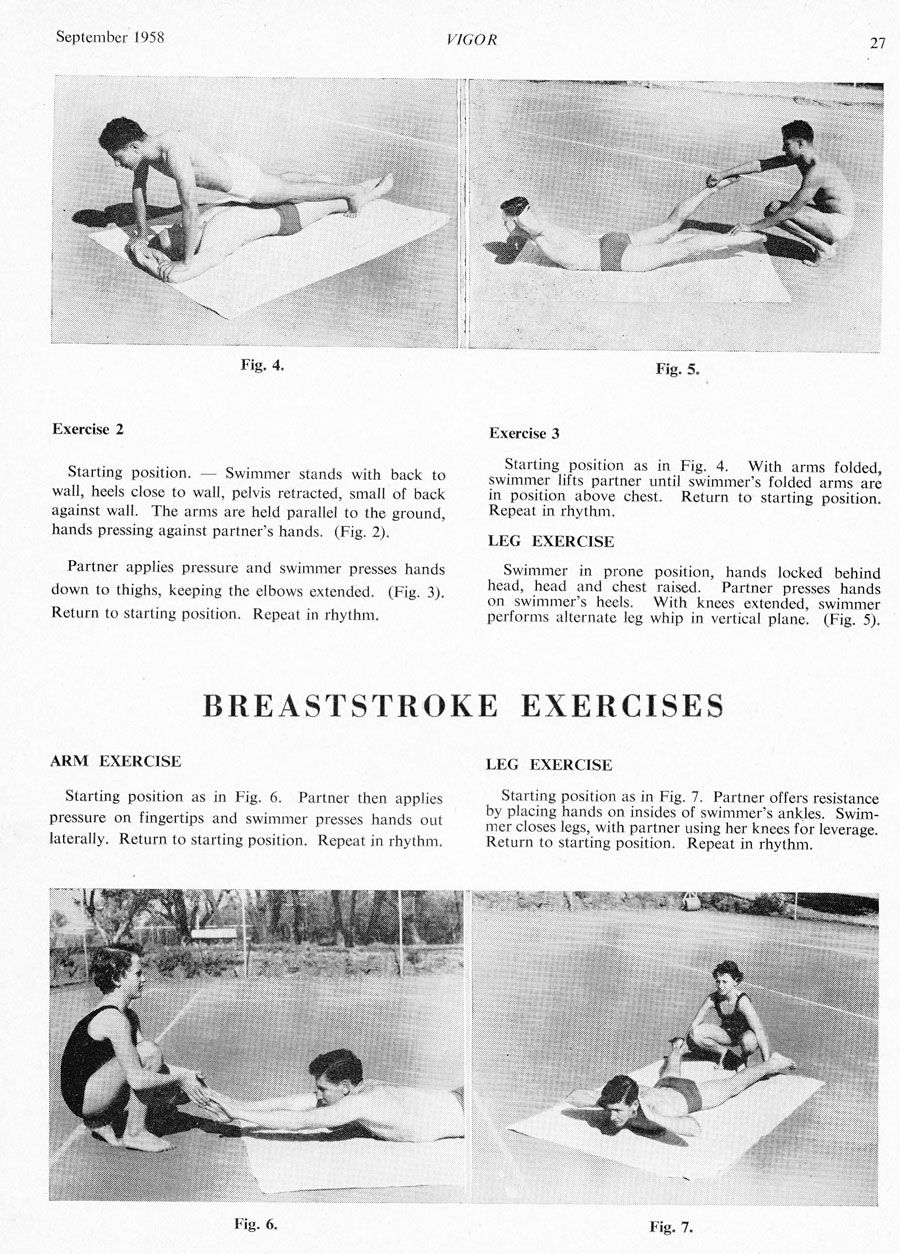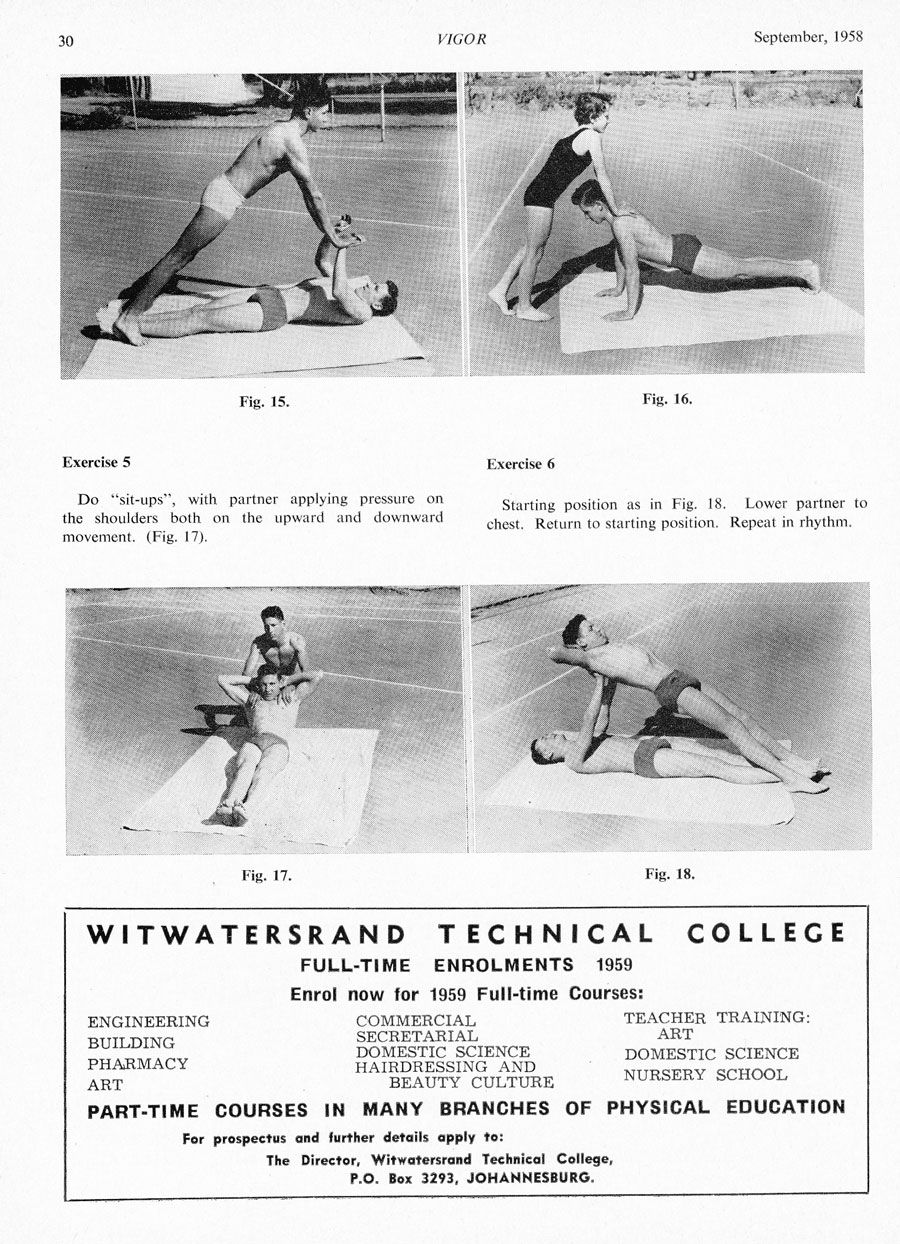Cecil Colwin
Swim coach Cecil Colwin Cecil was born in 1927 in Port Elizabeth. He coached swimmers from 1945 to 1971 there, moved to Australia 1971-72, and was Canada's National Technical Director 1973-1977.
It is generally claimed that he was the first professional coach in South Africa. In 1956 the four bronze medal winners at the Melbourne Olympic Games were all coached by him in Johannesburg. He was also the coach of world record holder Ann Fairlie. Colwin left South Africa in the 1970's and ended up in Canada, where he became an internationally known coach. He wrote several books on swimming coaching.
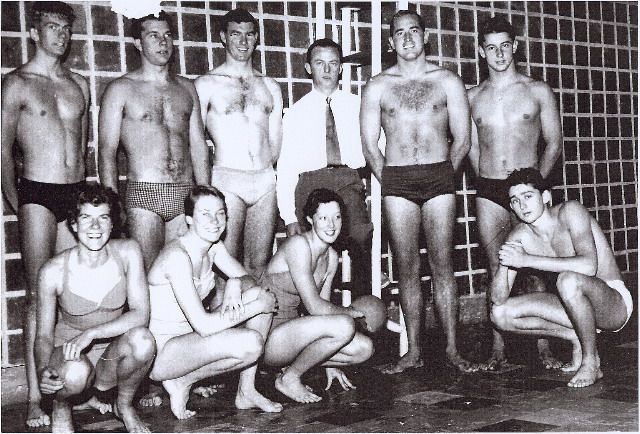
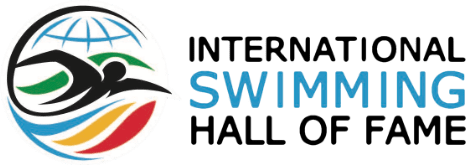
CECIL COLWIN (CAN)
1993 Honor Contributor
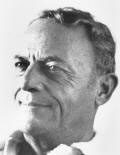
FOR THE RECORD: Swimming coach in South Africa from 1945-1971, introducing age group swimming and coaching swimmers to every Olympic Team; founder of South African Professional Swimming Coaches Association, swimmers broke four world records and won 45 Senior South African Championships; Coach in Australia 1971-1972; National Technical Director of Canada 1973-1977; Introduced the successful "TAG" (Top Age Group) and event identification program in Canada; First to conduct extensive research into the fluid dynamics of swimming ("Vortex Theory" and "Functional Shaping"); author of over 100 articles and 3 books: Cecil Colwin On Swimming (1969), Introduction To Swimming Coaching (1977), (Canadian Level I Manual) and, Swimming Into The 21st Century (1991); Editor of Level II and Level III Manuals of the Canadian Coaches Certification Program; swimming book illustrator and cartoonist.
A competitive swim coach since 1945, Cecil Colwin has long been known for his work on the technical aspects and history of swimming. Internationally, he is known as a coach, stroke technician, administrator, educator, lecturer, researcher, author, cartoonist, and illustrator.
He is the only person to coach and serve on three continents--Africa, Australia, and North America. Born in Port Elizabeth, Cape Province, Colwin became South Africa's first full-time swimming coach and for 26 years, placed swimmers on every Olympic team until which time South Africa was banned from Olympic competition.
His 1956 squad, except one swimmer, comprised the entire Olympic team. The women's 400-meter freestyle relay team, which finished third to Australia and the United States, was from Colwin's home team.
In 1952, he originated the age group swimming program of South Africa and before he moved to Australia in 1971, his swimmers had broken four world records which included Ann Fairlie's 100-meter backstroke record, earned eight positions on Olympic teams (six on British Empire teams and fourteen on other international squads). During his tenure in Australia, Colwin's swimmers won nineteen state championships and three national championships.
In 1973, after a worldwide search, he was appointed National Technical Director of Canada, during which time he implemented the early stages of Canada's successful "TAG" (Top Age Group), talent identification program for discovering aspiring young swimmers. He edited the "Level II" and Level III" Canadian Certification manuals and has served on almost every Canadian organizational committee. Colwin developed a six-point plan for Canadian swimming for the 1986 Montreal Olympics where the Canadian percentage of finalists improved 15.4 percent (USA 18%) from five percent the previous three Olympic Games.
Colwin was the first to conduct extensive research into the fluid dynamics of swimming. Based on his observations of vortex flow reactions in the water, he developed the "functional shaping" method of coaching stroke mechanics. He has written over 100 articles and papers for a variety of periodicals and is the author of Cecil Colwin On Swimming and Introduction To Swimming Coaching, Canada's official Level I coaching manual which has been printed every year since 1977 in English, French, and German.
In 1991, his major work, Swimming Into The 21st Century, was published with over 300 of Cecil's own illustrations. It was the result of a lifetime of work and six years of writing. Over the years, he has delivered over 200 lectures and clinics internationally on the sport of swimming.
